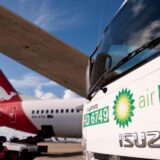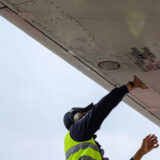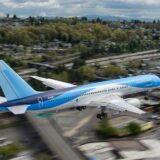
RSB and Boeing launch study on SEA’s sustainable feedstock potential for aviation
The Roundtable on Sustainable Biomaterials (RSB), in collaboration with Boeing, has unveiled a new study that highlights Southeast Asia’s significant potential to supply sustainable aviation fuel (SAF) feedstocks. The study projects that by 2050, the region could meet around 12% of the global demand for SAF, a critical step toward achieving the aviation industry’s net-zero carbon emissions goals.
Focusing on bio-based feedstocks from 11 Southeast Asian countries, the research identifies rice husks and straw as the most promising materials due to their availability and sustainability. These agricultural residues, along with other post-consumer and agricultural waste like cassava and sugarcane, have the potential to produce approximately 45.7 million metric tonnes of SAF annually.
Indonesia, Thailand, Vietnam, Malaysia, and the Philippines account for about 90% of the region’s SAF supply capacity. The study not only estimates the volume of feedstocks but also evaluates their environmental and social impacts, including deforestation, water resources, and food security.
Boeing’s regional sustainability lead for Southeast Asia, Sharmine Tan, emphasised the collaboration between governments and industries to develop sustainability policies and infrastructure investments. This partnership could scale local SAF production and position Southeast Asia as a key player in sustainable aviation.
As SAF currently accounts for just 0.2% of global commercial aviation fuel, the findings are expected to guide policymakers, industry players, and financial investors in scaling SAF production and addressing sustainability challenges.










.jpg)
